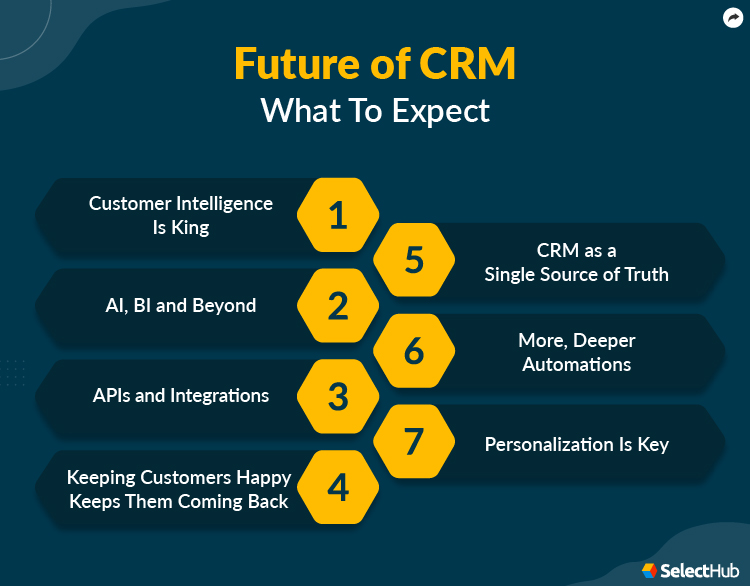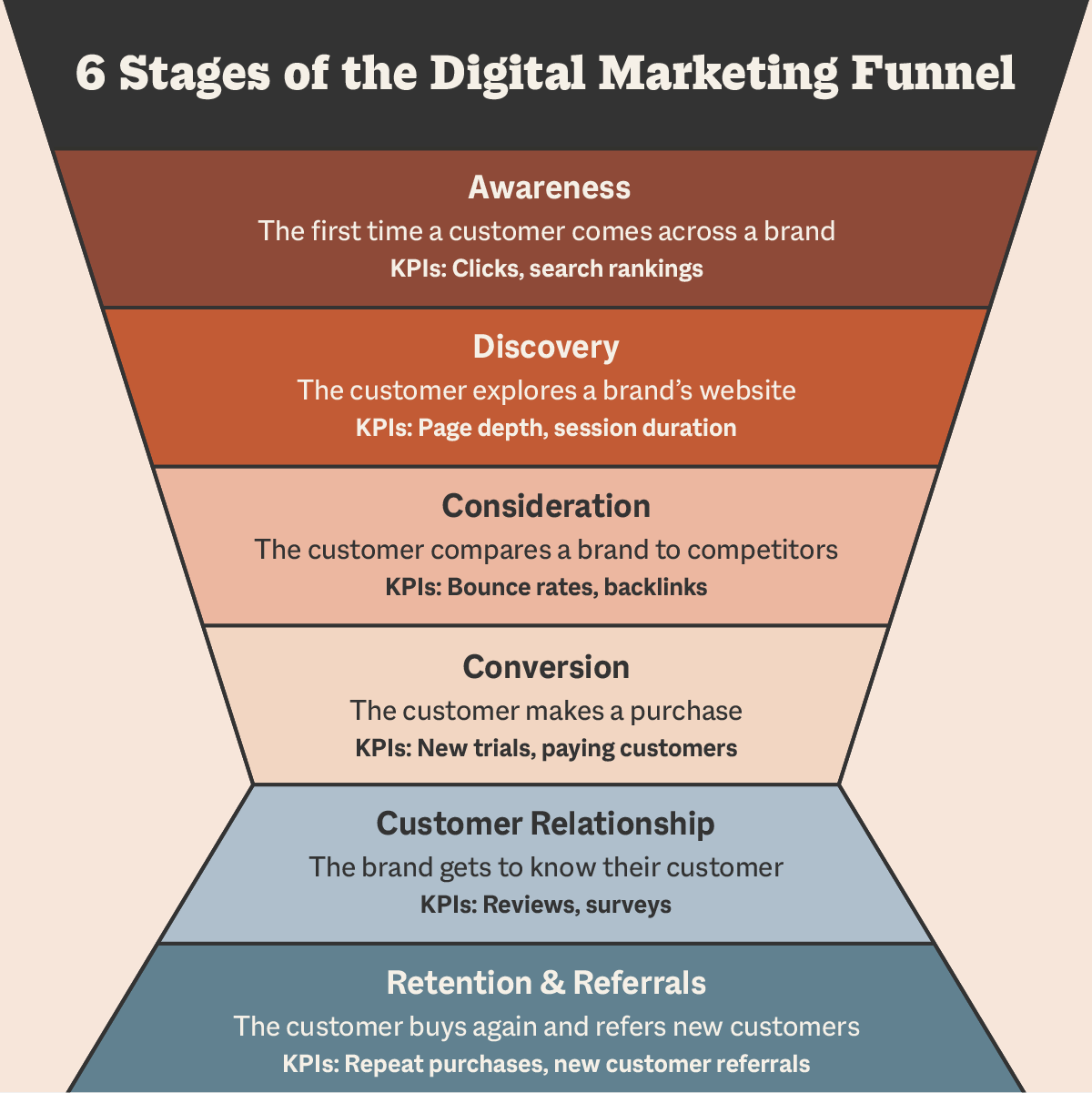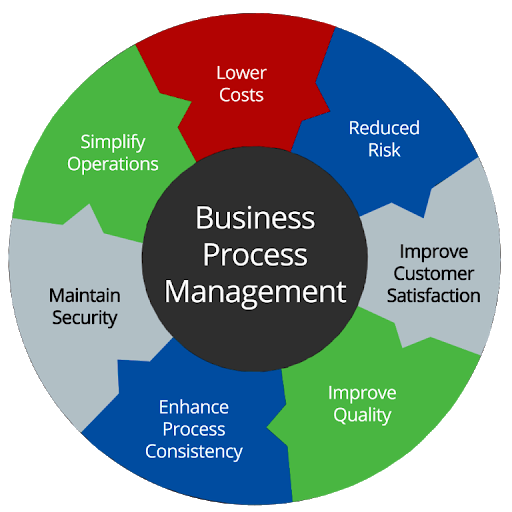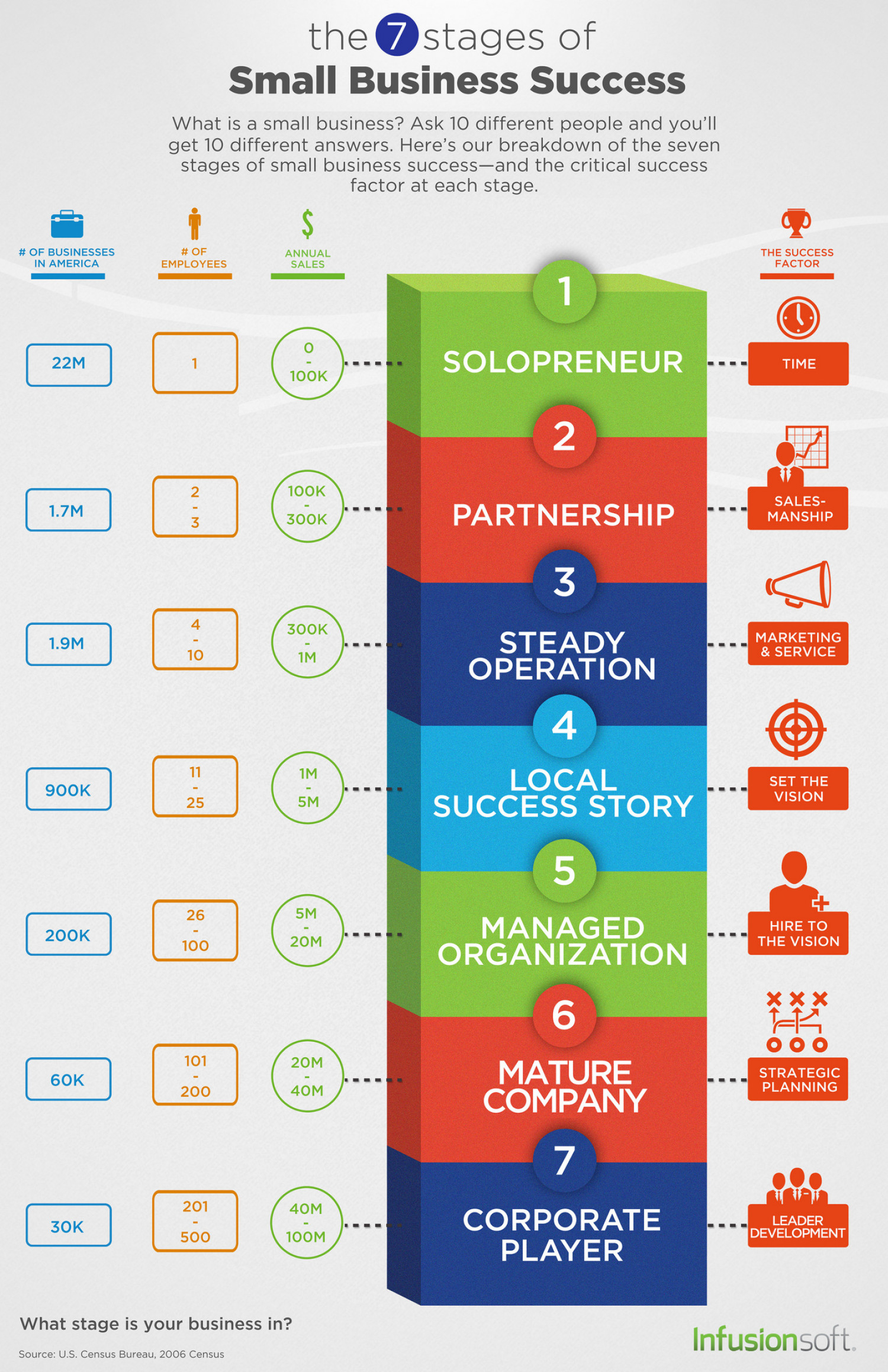In today’s competitive business environment, companies are always looking for ways to optimize their operational productivity. One way to do so is by implementing technology into various aspects of the business. Technology has transformed the way companies operate, making tasks quicker and more efficient. In this blog post, we will explore how businesses can optimize their operational productivity by leveraging technology.
1. Automation
Automation is one of the most significant revolutions to take place in business in recent years. Automation refers to the use of technology to complete tasks that were traditionally performed manually. Automation reduces the amount of human effort required and is, therefore, more efficient than manual labor. For instance, businesses can automate their inventory management systems to optimize the floor space of their warehouse, reduce waste, and ensure the right products are available when needed.
2. Cloud-based solutions
Cloud computing has made accessing crucial business applications and data more accessible than ever before. With cloud-based solutions, businesses have access to all their data and applications from anywhere, on any device, as long as there is an internet connection. This technology has made it possible for businesses to operate remotely, giving employees the flexibility to work from home or from the road.
3. Collaboration tools
Collaboration tools are another technology that companies can use to optimize their productivity. These tools make it easier for employees to work together, even if they are in different locations. Collaboration tools such as Microsoft Teams, Google Drive, and Slack make it easy to share files, communicate, and collaborate in real-time. This means that employees can work together seamlessly, even if they are miles apart.
4. Customer Relationship Management (CRM) systems
Customer Relationship Management (CRM) systems are essential tools for businesses that rely on interactions with clients. With CRM software, companies can track all the interactions they have had with their customers, including phone calls, emails, and social media interactions. This information can be analyzed to optimize the company’s marketing strategies, improve the customer experience, and enhance customer loyalty.
5. Artificial Intelligence (AI)
Artificial Intelligence (AI) is a technology that is rapidly changing the business landscape. AI-powered tools can process large amounts of data, identify patterns, and predict outcomes. This technology is particularly useful in areas such as predictive maintenance, customer service, and fraud detection. AI has the potential to optimize business processes and reduce errors, leading to increased productivity.
In conclusion, incorporating technology into various aspects of business operations is essential for optimizing productivity and making the most of every resource. Automation, cloud-based solutions, collaboration tools, CRM systems, and AI are just some of the technologies businesses can use to improve their operational efficiency. By leveraging these technologies, companies can stay ahead of the competition and achieve success in their respective industries.











